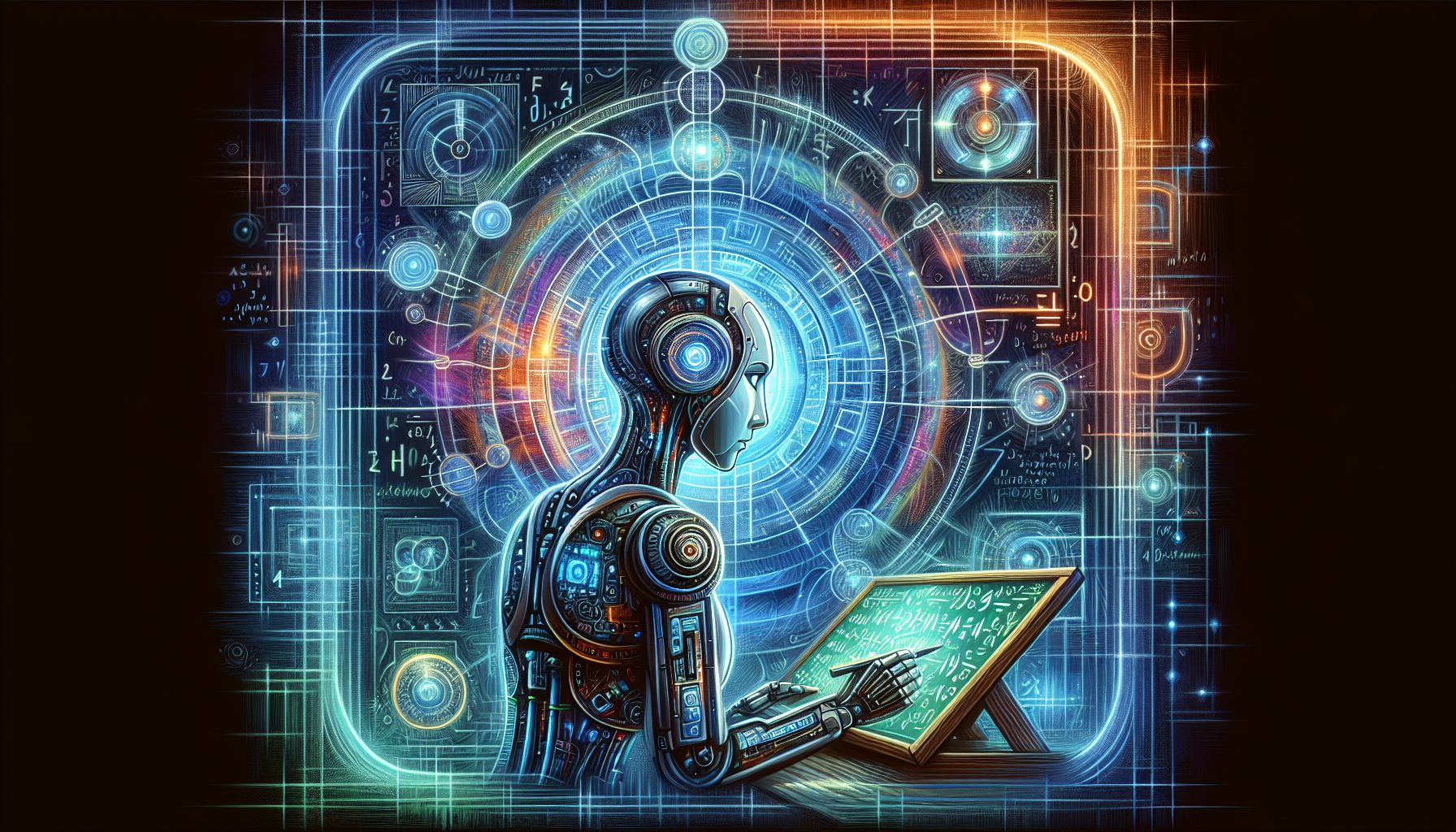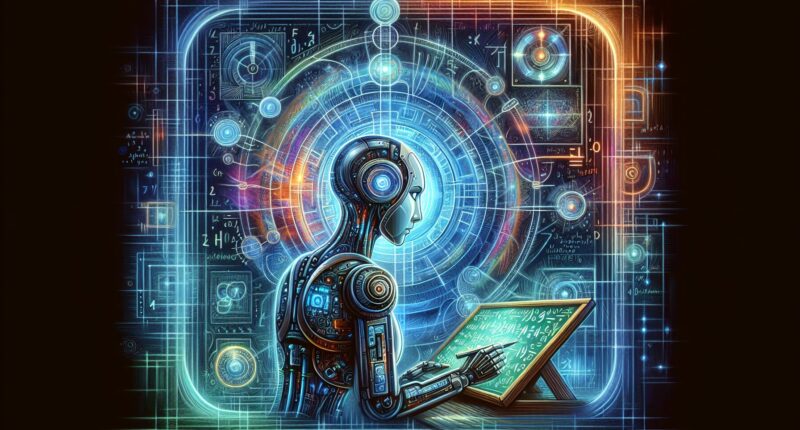Understanding Artificial Intelligence: The Foundation of Modern Technology
Artificial Intelligence (AI) refers to the simulation of human intelligence in machines that are programmed to think, reason, and learn like humans. These systems can perform tasks such as problem-solving, recognizing speech or images, translating languages, and making decisions—all without human intervention.
AI is typically divided into two categories: Narrow AI and General AI. Narrow AI is designed for specific tasks, like voice assistants (e.g., Siri or Alexa), while General AI would be capable of performing any intellectual task that a human can do—something that is still under development.
The core components of AI include:
Machine Learning (ML) – allows systems to learn from data and improve over time without being explicitly programmed.
Natural Language Processing (NLP) – enables machines to understand and respond to human language.
Computer Vision – allows machines to interpret visual data from the world, such as recognizing faces or objects in images.
AI is revolutionizing industries such as healthcare, finance, transportation, and education. From diagnosing diseases faster than doctors to predicting stock market trends, AI is becoming an essential part of our daily lives.
As powerful as AI is, ethical concerns remain—especially regarding privacy, job displacement, and decision-making transparency. That’s why researchers emphasize the need for responsible AI development.
In short, AI is not just a futuristic concept—it’s the present and the future of technology.









